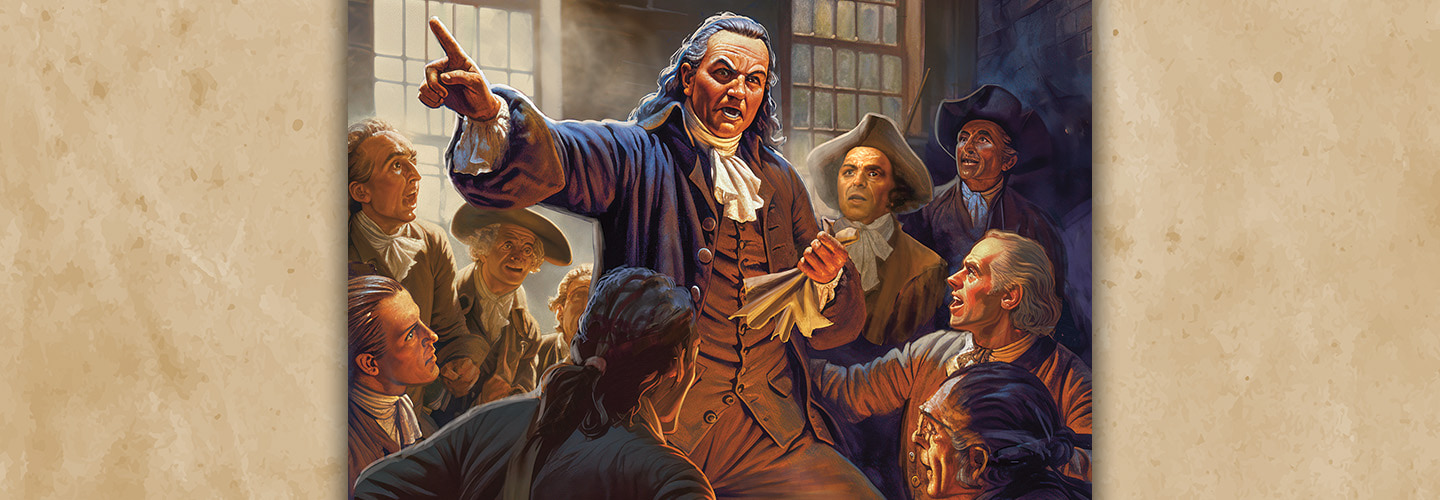Shutterstock.com
It was September 5, 1774. A group of men gathered in secret in Philadelphia, Pennsylvania.
At the time, the United States didn’t yet exist. America was made up of 13 Colonies ruled by Great Britain. Many people in the Colonies were angry. They didn’t like having to follow laws set by the British government.
The 56 delegates had come to Philadelphia from all over the Colonies. Their goal was to figure out how to band together against the British.

